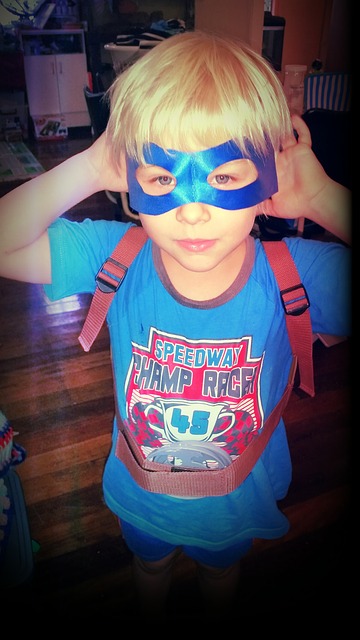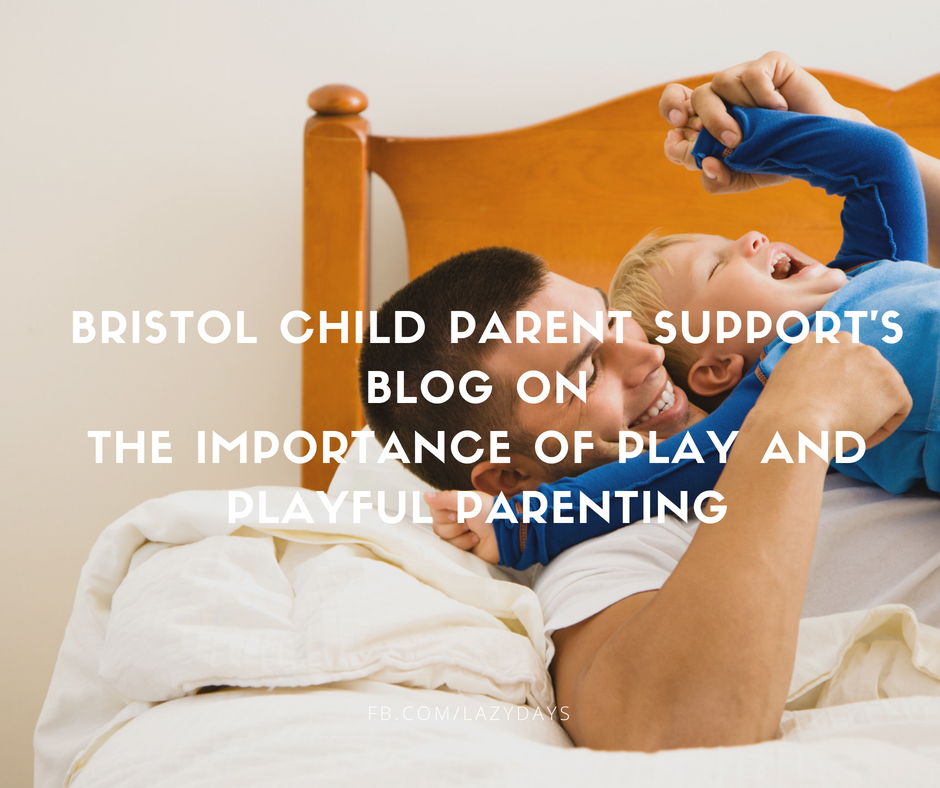During the last two weeks, I’ve noticed two articles on the importance of play and “Playful Parenting”
I posted one on my Facebook page from the Guardian. The other was in the New York Times. Essentially, they are arguing that Playtime is under siege, and that Paediatricians in America are wanting to prescribe Play. Do you think unstructured play is under siege at home and within schools?
 Playing is universal to all children and adults too, but it concerns me that within a culture of having to work hard, a gradual increase in electronic devices and an overall focus on structured education results in less time to imagine, create, and play. I am pleased that the American Paediatric Society has released a policy statement on “ The Power Of Play”
Playing is universal to all children and adults too, but it concerns me that within a culture of having to work hard, a gradual increase in electronic devices and an overall focus on structured education results in less time to imagine, create, and play. I am pleased that the American Paediatric Society has released a policy statement on “ The Power Of Play”
I want to summarise some of their findings that are very close to my own heart.
The Cognitive, Social, and Emotional Benefits of Play
Some may view playing with children as meaningless, but being a playful parent and making time to play with your child can bring many benefits. Here are just a few examples:
- Play enhances brain structure and function and is essential in executive functioning skills such as problem-solving.
- Studies reveal a link between play–particularly symbolic, pretend play–and the development of language skills.
- Children learn to investigate and explore; it’s not just about being budding scientists but really working things out.
- It helps to build your child’s sociability; your child can learn rules, boundaries, taking turns, and more.
- Play not only benefits your child’s cognitive capacities but is instrumental in regulating and mastering emotions
- Gwen Dewar from Parenting Science states children pay more attention to academic tasks when they are given frequent, brief opportunities for free play.
- Play encourages the secretion of BDNF, a substance essential for the growth of brain cells. Although the studies are with rats, BDNF is essential for the growth and maintenance of brain cells. BDNF levels are also increased after rats are allowed to explore (Huber et al 2007)
- Play is fun and offers feelings of connection, confidence, joy, and closeness. It can heal trauma, too.
So overall, The report states that Play provides a singular opportunity to build the executive functioning that underlies adaptive behaviours at home; improve language and math skills in school; build the safe, stable, and nurturing relationships that buffer against toxic stress; and build social-emotional resilience.
Why it can sometimes be hard for Adults to Play or be Playful
- Your parents never played with you, so you had no model and may feel uncomfortable.
- Work-life imbalance; too much work, and not enough downtime to fit in free play.
- Overstructured routines/sports so no time for unstructured free play.
- You feel disconnected from your child; they or you may be struggling emotionally, leading to feelings of boredom or irritability, or anger if you play with them.
- You find their play aggressive, conflictual, repetitive, or inhibited, which leads to feelings of avoidance.
- We might feel it’s up to them to connect with us, so wait to be approached.
My one super tip and video to get going and be playful
Get down on the floor with your child and offer them 10 minutes of playtime twice a week. Offer your presence and mind. I call this a special time. During this time there are no screens, Tv, telephone calls, just you and them. Let them lead the play. I am glad to see that paediatricians in America are prescribing outdoor time and play, to strengthen relationships between children and parents.
Try it today and see the difference in your connection with your child. And please feel free to share this message. With love, Catherine.
Related Posts:
The power of play and helping your child to manage stress
Once upon a time, using stories to help children with feelings



